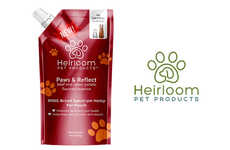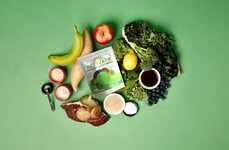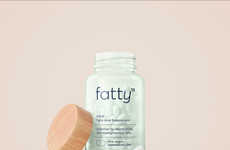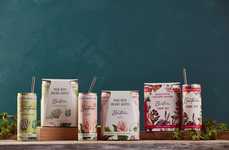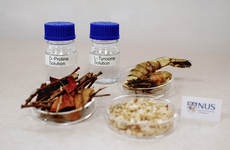
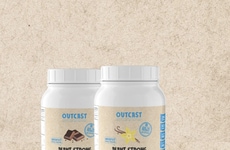


Nutrition brands are upcycling food waste to create more sustainable products
Trend - From seafood shells to imperfect produce, researchers have identified the potential of food waste in creating functional ingredients for supplements and vitamins. As a result, nutrition brands are pivoting to a more sustainable production strategy by disrupting the food waste pipeline.
Insight - Motivated by the health and wellness movement, individuals—especially those who have a demanding lifestyle—are consistently on the lookout for ways to better support themselves and their bodies, which allows them to feel more energized and productive. As ideas of wellness also correlate to the state of the environment, consumers in this space are placing a premium on sustainability, gaining peace of mind by doing their part for the environment.
Insight - Motivated by the health and wellness movement, individuals—especially those who have a demanding lifestyle—are consistently on the lookout for ways to better support themselves and their bodies, which allows them to feel more energized and productive. As ideas of wellness also correlate to the state of the environment, consumers in this space are placing a premium on sustainability, gaining peace of mind by doing their part for the environment.
Workshop Question - How can food waste benefit your brand?
Trend Themes
1. Upcycling Food Waste - Nutrition brands are pivoting to a more sustainable production strategy by using food waste for supplements and vitamins.
2. Waste-powered Production - Researchers have developed processes that turn waste, such as shells of crustaceans, wood waste, and wine waste, into nutritional supplements and medicine.
3. Traceable Nutraceutical Ingredients - Creating fully traceable, high-value nutraceutical ingredients from waste provides disruptive innovation opportunities for eco-conscious organizations and brands in the supplement industry.
Industry Implications
1. Health and Wellness - Consumers in the health and wellness space increasingly value sustainability, creating opportunities for brands to pivot to more eco-conscious production strategies.
2. Farming and Agriculture - Upcycling farm waste to create nutritional supplements and sweeteners and providing accessibility to upcycling equipment can reduce waste and positively impact the environment.
3. Medical and Pharmaceutical - Waste-powered production is accelerating in the medical industry as organizations look for ways to reduce reliance on non-renewable fossil fuels and energy-consuming processes.

